In the culinary world, while Michelin stars are revered as the Oscars, representing the pinnacle of quality, the Michelin Guide is likened to the “bible”.
But, who would have thought that a small red book, often praised by many, would have such a close connection to a tire company?
In this article, let’s delve into the remarkable journey of Michelin as it ventures into the culinary realm.
The unexpected birth of The Michelin Guide
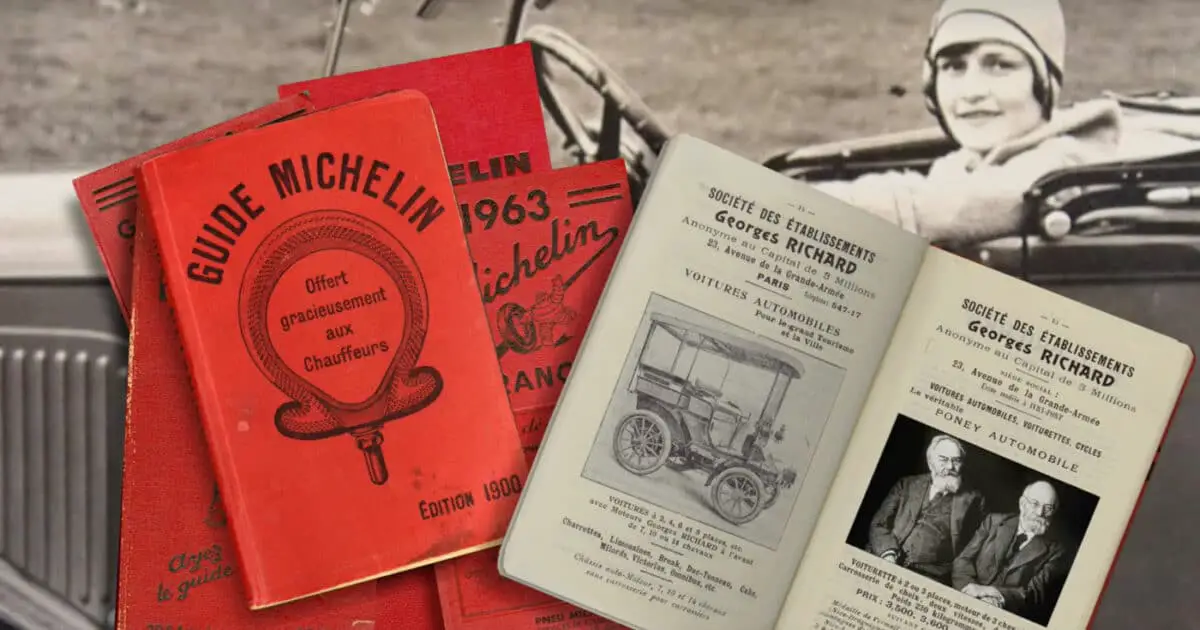
Why did Michelin, a tire company, invent a restaurant guide?
The story begins in 1889 in Clermont-Ferrand, a small French town, where brothers Andre and Edouard Michelin founded their tire company. Unfortunately, as the 19th century came to a close, their business went through a rough patch.
Back then, fewer than 3,000 cars were on the roads in France. Driving was a challenge due to the lack of an extensive road network and the difficulty in finding gasoline.
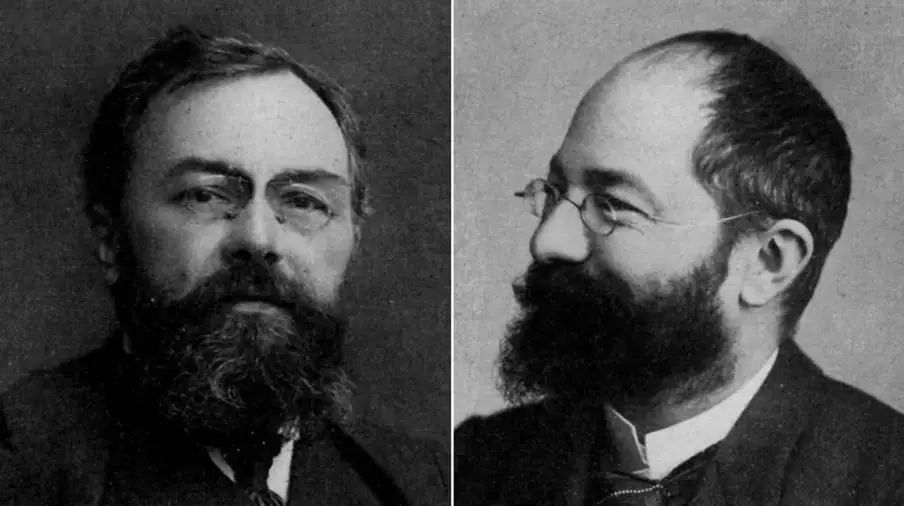
The Michelin brothers realized they needed to encourage people to drive more, so they came up with an innovative idea: the Michelin restaurant guide.
It is a small red guild filled with useful information for travelers, including maps, instructions on changing a tire, fuel station locations, and tips for finding rest stops.
They created it with hopes of supporting motorists and indirectly promoting their tire business.
The evolution of the Michelin star rating system
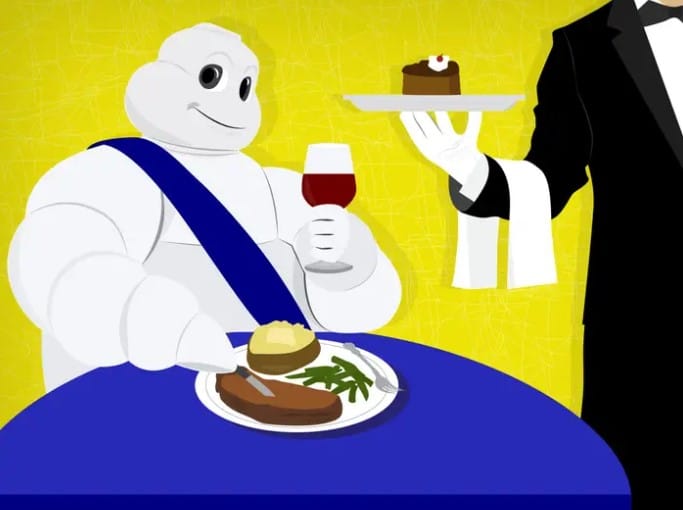
The outbreak of World War I in 1914 put a temporary stop to the production of the Michelin Guide. But, by 1920 it was back on track and ready for a significant transformation.
For two decades, the guide was available for free. That changed after Andre Michelin visited a tire shop and saw his guides being used to prop up a workbench.
This sight led to a realization: “man only truly respects what he pays for.” As a result, in 1920, a new edition of the MICHELIN Guide was introduced, sold for seven francs.
The Michelin brothers substantially improved their guide by eliminating advertisements, adding a list of Paris hotels, and categorizing restaurants.
As Michelin’s restaurant recommendations grew more influential, the brothers launched a new initiative. They hired undercover diners, now known as inspectors, to evaluate whether a restaurant qualified as a fine dining establishment. Those that met the criteria received a star.
In 1926, the guide began awarding stars to exceptional dining establishments, initially using a single star. Five years later, a system of zero, one, two, and three stars was introduced.
By 1936, the criteria for these star rankings were officially published, solidifying the guide’s authority in the culinary world.
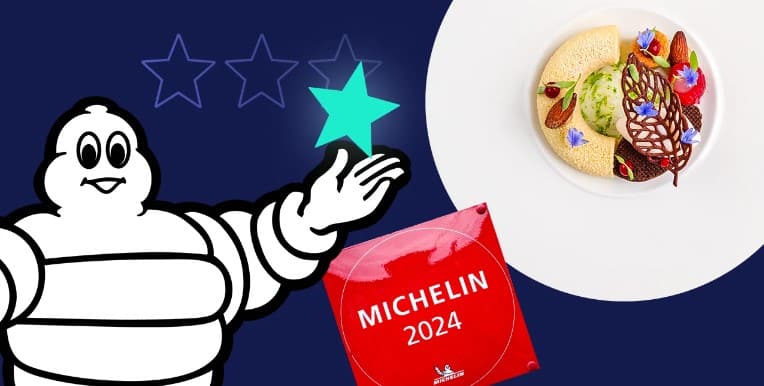
The Michelin star system has the following criteria:
- 1 star: “A very good restaurant in its category”.
- 2 stars: “Excellent cooking, worth a detour”.
- 3 stars: “Exceptional cuisine, worth a special journey”.
With their brilliant marketing strategy, the Michelin brothers encouraged people to travel more, boosting confidence in driving. Although there’s no direct evidence that the guide increased tire sales, it undeniably provided a new revenue stream and served as an effective publicity tool.
Today, Michelin is a publicly traded company worth nearly $24 billion, producing almost 200 million tires annually.
The Michelin Guide now includes over 30,000 restaurants across three continents, and more than 30 million copies have been sold, showcasing its lasting impact on the culinary world and beyond.
The power of Michelin star

The Michelin Guide has faced its share of criticism. In a 2023 article, The Washington Post pointed out, “It inhibits innovation as much as it supports it, as chefs realize they might be penalized if they stray too far outside the box.”
Additionally, the Guide has been accused of favoring French chefs and cuisine. Despite these controversies, it is undeniable that earning even a single Michelin star can significantly boost a restaurant’s reputation.
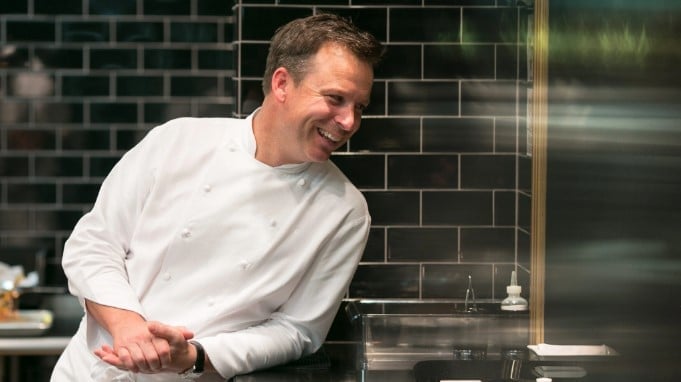
William Bradley, the executive chef and director at Addison, one of only 13 three-star Michelin restaurants in the United States, shared that guests from around the globe often secure reservations at his San Diego restaurant before finalizing any other travel arrangements.
Bradley also emphasized that neither he nor any of his staff had any suspicions that an inspector was dining at their rétaurant and didn’t treat anyone with particular attention.
“We didn’t want to fall into that trap,” Bradley told CNN. “We wanted to just make sure that we were delivering top quality to everyone.”
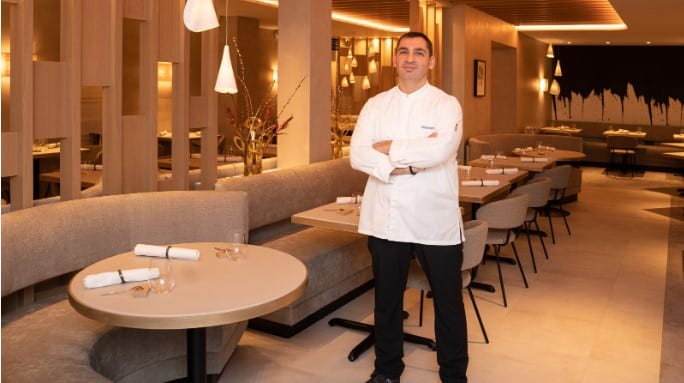
Christophe Bellanca, the chef and owner of Essential by Christophe, a Michelin-starred restaurant in Manhattan’s Upper West Side, understands the influence of such “accolades.”
Before his restaurant, which opened in 2022, earned its star last year, he typically served 80 to 100 guests each night. Since receiving the star, that number has increased to 120 to 140 patrons per evening.

